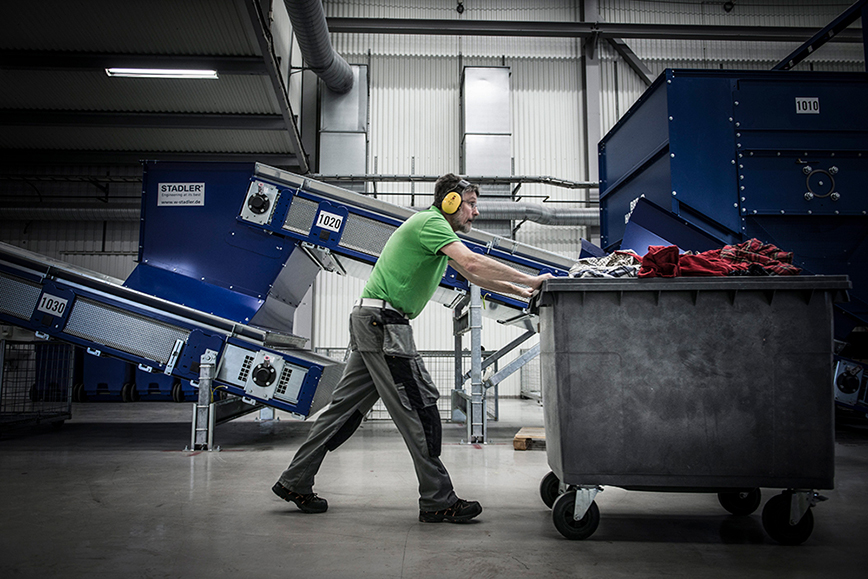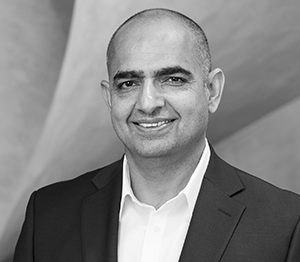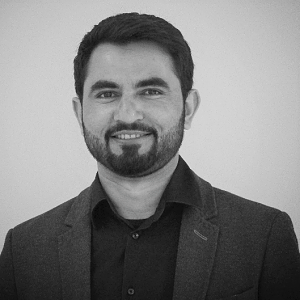Students to work with industry in transition to circular economy

The Nordic Countries are keen to increase the rate at which industry can transform into a circular economy. Students at KTH and from our neighbouring countries are going to contribute to this with expert knowledge within a new pan-Nordic project.

“Students will play a crucial role as the engineers, decision-makers and leaders of tomorrow within the enterprise sector. They will bring energy and belief in the future at a time when we need to raise the tempo of transformation efforts,” says Amir Rashid , Head of Research and a Professor within manufacturing.
Why has the circular economy not been able to make a breakthrough within industrial production and processes? The answer, Rashid feels, is partly due to difficulties in reaching out with new and usable knowledge.
Via a Nordic project, CATALY(C)S, he hopes that the latest findings within areas such as efficient resource management, sustainable production and product design, can be spread more rapidly and take root within the industrial sector.
The idea is to embrace and analyse needs and challenges within different branches of enterprise and then come up with suitable solutions. In specially designed projects for specific problem areas, the students will contribute with concrete proposals and ideas via degree projects and pilot studies. Personnel from industry are also going to engage in education with a view to becoming driving forces in their respective companies.
Collective knowledge
Extensive knowledge about the circular economy has been developed within a number of different initiatives and research projects in the Nordic countries in the last few years, Sayyed Shoaib-ul-Hasan , a Postdoc Researcher at the Production Engineering Department at KTH, notes.

“This new project is a collective attempt to bring the knowledge that has been developed together into a single ‘toolbox’, that can be used to hasten knowledge transfer to industry,” he says.
The initiative is being financed by Nordic Innovation with support from the Nordic Council of Ministers, with the aim of making the region a world leader in sustainable development and a role model for the circular economy.
Within the project, a total of 25 collaborative agreements are to be signed with industrial partners in the Nordic countries. KTH, with eight research departments involved, plans to collaborate with at least eight Swedish companies within sectors such as manufacturing, food, forestry, construction and the auto industry.
National strategy
According to Rashid, the biggest challenge for such a transformation is to create circular business models that are economically sustainable and that do not impact the environment.
“There is no one solution that fits all. Every sector needs to be analysed in depth. The aim is to be able to create a balance between good business results and sustainable environmental impact.”
Last summer, Sweden produced a national strategy on the circular economy aimed at achieving the global sustainable development goals. The transformation within industry must be done in cooperation between society, academia and enterprise. In the words of Rashid:
“We all need to sit round the table with a common outlook as to how we can resolve the most momentous issue of our age.”
Text: Christer Gummeson